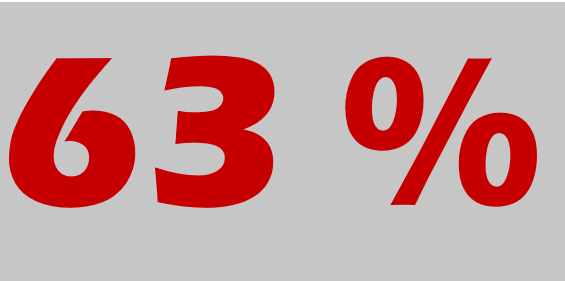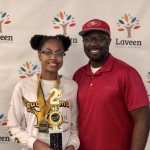We are all in the thick of it now. Preparing for….AZMerit and end of year testing (oh no!) I am in it just as much as anyone else, I am sure, and my students and parents are in here with me. After getting our latest benchmark results, we were able to focus in on the areas not yet mastered. In addition to skill-specific reteaching and high academic conversations, the most powerful learning tool was allowing students to see and fix their own errors. In doing so, they were challenged to think about their thought process during the initial assessment and identify where they went wrong. By doing this, students discovered their errors were mostly related to misinterpreting the question due to format or vocabulary. The next highest error was miscalculations.
Students worked on their errors independently, in group, and at home. Each setting allowed them to self assess their skill levels in a variety of different ways:
- independently
- in relation to their peers
- based on family expectations
Allowing them to assess their scores and correct errors at home provided parents with real-time assessment information. An unintended benefit of this was many of their questions about their child’s academic performance were answered via observation, they gained a clearer picture of how to support the individual needs of their child, and their remaining questions were more specific and strategic.
From my teacher’s perspective, I have had fewer requests from parents and the meetings I did have were more progressive. In addition to this, parents gained a clearer picture of why homework is important and why we stress the mastery of certain skills at certain levels. Student involvement in error correction allows me to individualize remediation techniques at the correct level without having to create multiple plans. Student needs are naturally present, they have high engagement and ownership for the learning process, and are able to self-assess in real-time.
There have also been social improvements for the students overall:
No student had zero errors and no student had total errors – All students were able to see and experience being at varying levels of the spectrum and this validated our class mantra that “if we are not making errors, we are not learning”. Seeing errors in themselves and their peers neutralized the ideas of passing and failing and shifted the focus to learning for understanding, then mastery, then expertise.
Rigor became initiated from within the group as students were eager to work on what they still needed to master and help others along the way.
Homework took on a new meaning as parents became more involved and empowered on how to help their child.
At this point, students present as being in a good place to perform well on their upcoming assessments because they know and understand the concepts and formats (not because they memorized formulas and methods).
If you are interested in learning more about the power of teaching from errors, a great article to read is Why We Should Embrace Mistakes in School (written by Amy Eva of Greater Good Magazine, 11/2017). The article addresses how mistakes help us learn, how to help students respond to perceived failure, and links to other related articles.
Lastly, helping students learn from errors is closely linked to the theme of the upcoming AZK12 Teacher Leadership Conference (TLI) 2020: Uplifting Student Voice through Teacher Leadership . If you would like to learn more on this topic or share thoughts with likeminded peers, come and join us in Tucson for this event and bring a friend (or a team)!










Comments 1
I love the idea you mention about learning through our mistakes. So often our kids believe they must get 100% the first time (This is especially true for gifted students). However, the learning process is all about challenges and learning to overcome them. I also like how you involved parents in the process. Great way to solidify the importance of a community being involved with high-stakes testing.